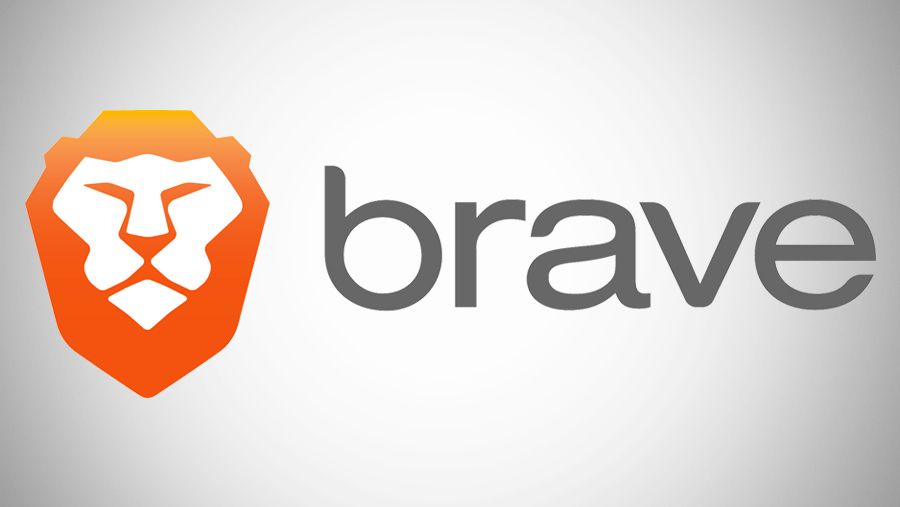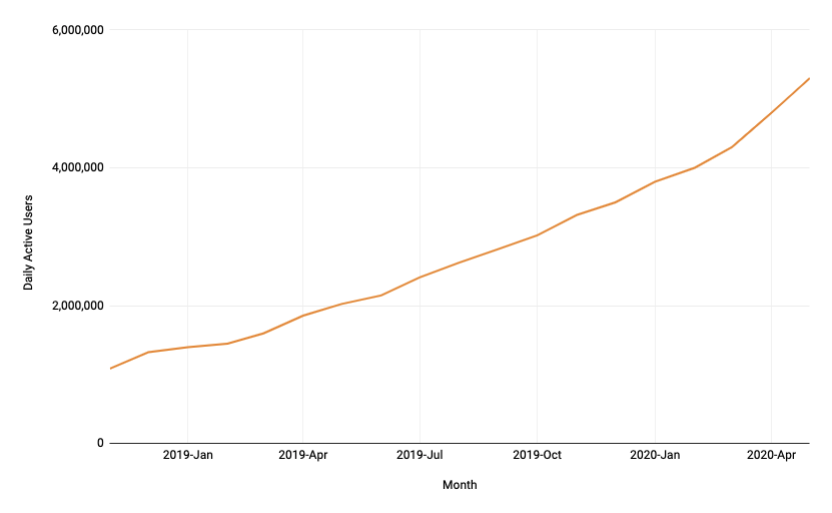The Brave team announced that its websites and browser are now accessible on TOR and that users can create their own onion service.
Popular privacy-focused browser Brave has made its websites available and browser downloadable on the Tor network on Oct 5, the team announced via a blog post.
Brave first integrated the routing service into the browser in 2018. With the newest update, Tor users will be able to download and install Brave, bringing the privacy-first browser to activists and journalists who use Tor to protect themselves.
The Brave browser hides user metadata, among many other privacy features, but remains inaccessible to those who have restricted internet access. With Brave available on TOR, users in countries with strong censorship laws can overcome said challenges.
Brave DevOps Engineer Ben Kero also described in detail the process by which users can set up their own onion service for themselves. This will help users gain secure access and establish a presence on the internet.https://t.co/yo4cVqraYq now has a @torproject .onion service, providing more users with secure access to Brave. See how our devops engineer @bkero created this setup, which you should be able to use to create your own onion service #MoreOnionsPorFavor: https://t.co/DSrmyNh5qO
— Brave Software (@brave) October 5, 2020
Brave Releasing a Slew of Features
The Brave browser has quickly become a favorite of the cryptocurrency community, as well as those outside it. The development team has narrowed its efforts to improve the privacy of the browser and more general features to bolster usability. The token showed strong performance in the markets in the weeks preceding, spurred by these releases. Most recently, in August 2020, Brave added a Gemini exchange trading widget to its browser home page. In addition to Binance, which was the first such widget, this lets users trade cryptocurrencies via an exchange directly from their browser.
The Basic Attention Token (BAT), which is essentially the native currency for the browser, has also been integrated into various services for tipping, including Reddit and Vimeo. As work-from-home orders were beginning to increase during the pandemic, Brave added an in-browser video conferencing feature.
Most recently, in August 2020, Brave added a Gemini exchange trading widget to its browser home page. In addition to Binance, which was the first such widget, this lets users trade cryptocurrencies via an exchange directly from their browser.
The Basic Attention Token (BAT), which is essentially the native currency for the browser, has also been integrated into various services for tipping, including Reddit and Vimeo. As work-from-home orders were beginning to increase during the pandemic, Brave added an in-browser video conferencing feature.
Metrics Speak for Themselves
Brave has been achieving consistent growth across multiple metrics, including its active user base. While nowhere near the market dominance of Chrome, Firefox, or Safari, it has received praise from several prominent names, including Wikipedia co-founder Larry Sanger.
Disclaimer
In adherence to the Trust Project guidelines, BeInCrypto is committed to unbiased, transparent reporting. This news article aims to provide accurate, timely information. However, readers are advised to verify facts independently and consult with a professional before making any decisions based on this content. Please note that our Terms and Conditions, Privacy Policy, and Disclaimers have been updated.

Rahul Nambiampurath
Rahul Nambiampurath's cryptocurrency journey first began in 2014 when he stumbled upon Satoshi's Bitcoin whitepaper. With a bachelor's degree in Commerce and an MBA in Finance from Sikkim Manipal University, he was among the few that first recognized the sheer untapped potential of decentralized technologies. Since then, he has helped DeFi platforms like Balancer and Sidus Heroes — a web3 metaverse — as well as CEXs like Bitso (Mexico's biggest) and Overbit to reach new heights with his...
Rahul Nambiampurath's cryptocurrency journey first began in 2014 when he stumbled upon Satoshi's Bitcoin whitepaper. With a bachelor's degree in Commerce and an MBA in Finance from Sikkim Manipal University, he was among the few that first recognized the sheer untapped potential of decentralized technologies. Since then, he has helped DeFi platforms like Balancer and Sidus Heroes — a web3 metaverse — as well as CEXs like Bitso (Mexico's biggest) and Overbit to reach new heights with his...
READ FULL BIO
Sponsored
Sponsored

